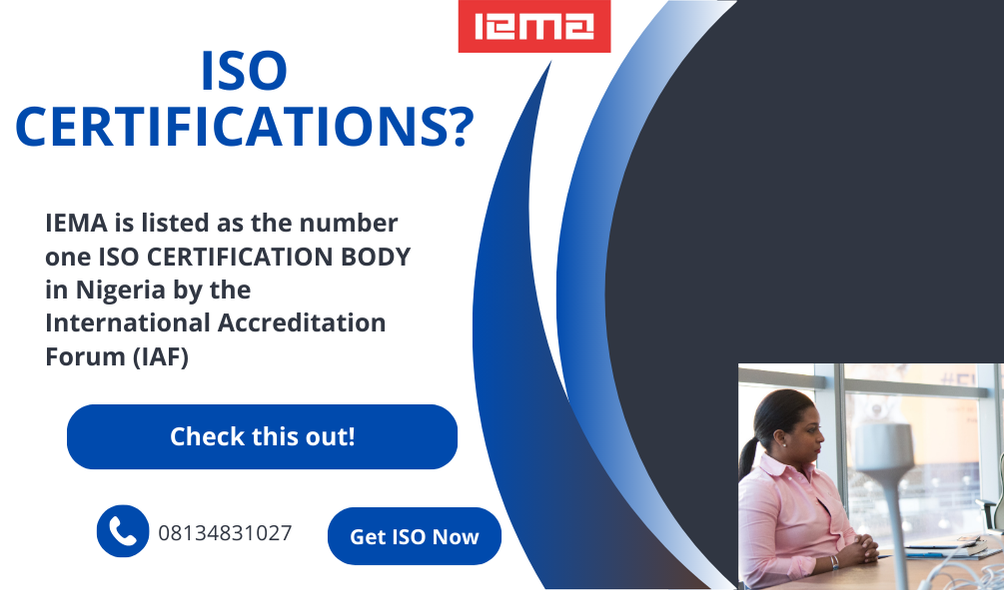- Global Standards Organization: ISO is an independent, non-governmental international organization that develops and publishes standards to ensure the quality, safety, efficiency, and interoperability of products, services, and systems across the globe.
- Broad Scope of Standards: ISO standards cover a wide range of industries and sectors, including manufacturing, technology, healthcare, environmental management, food safety, information security, and more. Each standard is developed to address specific needs and challenges within these sectors.
- ISO 9001 – Quality Management: ISO 9001 is one of the most widely recognized ISO standards, setting the criteria for quality management systems. It helps organizations ensure that their products and services consistently meet customer and regulatory requirements while enhancing customer satisfaction.
- ISO 14001 – Environmental Management: ISO 14001 provides a framework for environmental management systems, helping organizations improve their environmental performance through more efficient use of resources and reduction of waste, pollution, and environmental impact.
- ISO 45001 – Occupational Health and Safety: ISO 45001 focuses on occupational health and safety management systems, providing a framework for improving employee safety, reducing workplace risks, and creating better, safer working conditions.
- ISO 27001 – Information Security Management: ISO 27001 sets out the criteria for an information security management system (ISMS), helping organizations manage the security of assets such as financial information, intellectual property, employee details, and information entrusted by third parties.
- International Recognition: ISO standards are globally recognized and accepted, which facilitates international trade and ensures that products and services can be accepted in different markets without the need for extensive modifications.
- Continuous Improvement: A core principle of many ISO standards is continuous improvement. Organizations are encouraged to regularly evaluate and improve their processes, systems, and practices to maintain compliance and enhance performance.
- Stakeholder Trust and Confidence: Achieving ISO certification demonstrates a commitment to quality, safety, and efficiency, building trust and confidence among customers, partners, regulators, and other stakeholders. It signals that an organization adheres to internationally accepted standards.
- Facilitating Innovation and Collaboration: ISO standards provide a common language and framework that facilitate collaboration and innovation. By following standardized procedures and guidelines, organizations can more easily collaborate on research, development, and the implementation of new technologies and practices.
These points illustrate the importance and impact of ISO standards in promoting quality, safety, efficiency, and sustainability across various industries and sectors globally.
4o





Leave a Reply